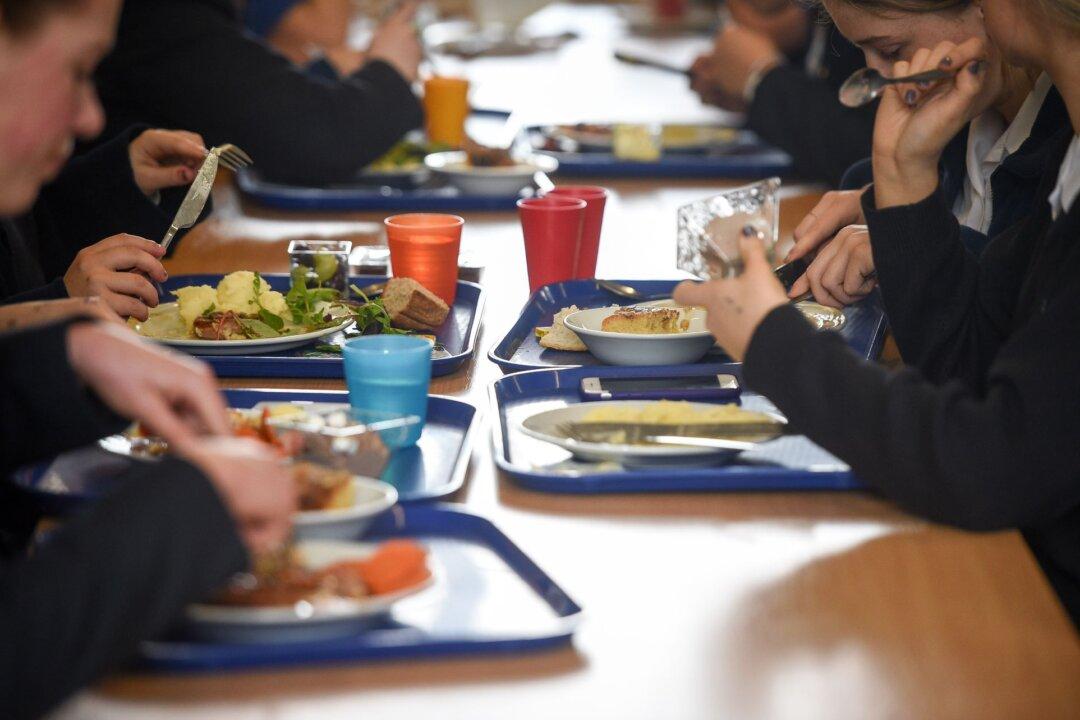The proportion of parents struggling to provide enough food for their children has increased over the past year, as families face difficulties affording both food and fuel, according to a survey by children’s charity Barnardo’s.
The charity’s practitioners, who support children, young people, and families in need, have reported that many parents are skipping meals to make sure their children can eat. At the same time, households struggle to keep up with high energy prices. This leads to families living in “cold and damp homes with black mould,” the survey found.
Energy and Food
Energy bills are set to rise by 10 percent in October, as Ofgem’s new energy price cap comes into force. Furthermore, soaring food prices, which climbed by 30.6 percent between May 2021 and May 2024, continue to burden households already facing financial difficulties.Barnardo’s found that one in three parents have cut back on energy bills in the past year to save money, up 2 percent from February 2023.
“Young people are therefore living in extremely cold houses, often wearing multiple layers of clothes, able to see their breath, unable to dry clothing, or have warm showers,” said Ellie, a Barnardo’s practitioner in Wales.
The survey also recorded an increase in the proportion of parents using local food banks, up to 8 percent, from 2 percent in February 2023. The charity estimates that over a million children in families are in this situation.
Growing up in a hungry and cold home has “knock-on effects on children’s education,” the charity warned.
Child Poverty
Barnardo’s called on the government to implement a number of measures to alleviate the impact of child poverty.Policymakers should take action to end the two-child limit in the social security system, which affects children who have two or more brothers or sisters, the charity advised.
The limit does not apply to Child Benefit, which is not means tested, and parents can claim for Universal Credit and Child Benefit at the same time.
In July, Work and Pensions Secretary Liz Kendall met with leading campaigners, including Barnado’s, to discuss their views on the strategy.
“We will turn the tide on rising poverty levels, so that every child no matter where they come from has the best start in life,” Kendall said.
Barnado’s has recommended extending free school meals to all primary school children in England.
All children in England up to Year 3 receive a free school meal. Beyond that, only children in families whose annual net earnings are below £7,400 are eligible. The survey said that the low earnings threshold means there are 900,000 children living in poverty who are not eligible for free school meals.
Another recommendation was to establish a protected minimum floor in Universal Credit to ensure families facing hardship don’t go without essentials.







